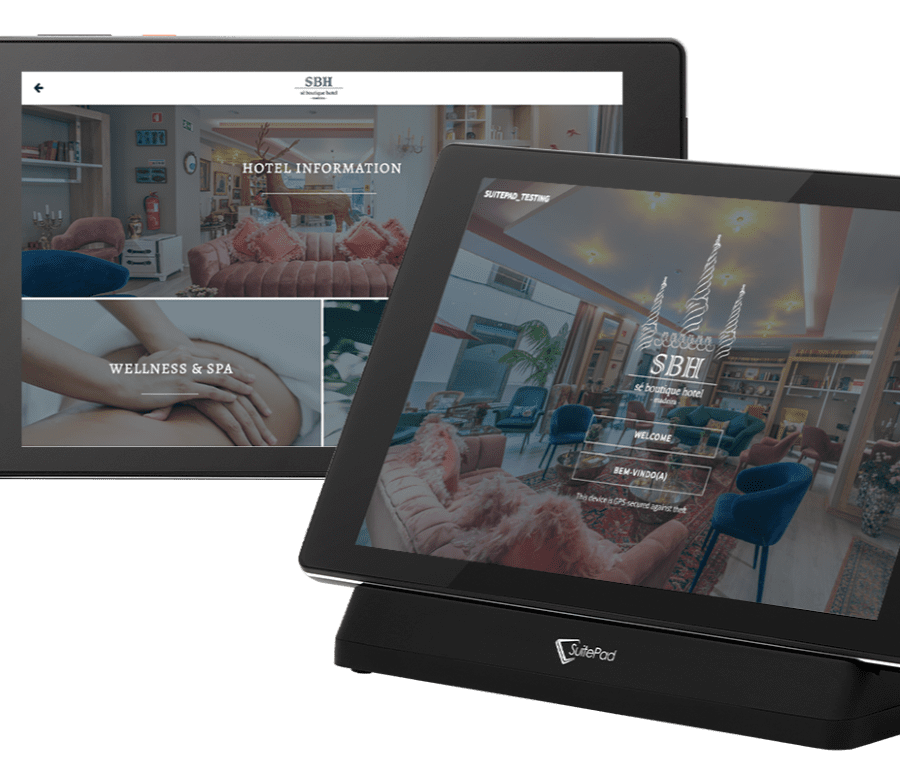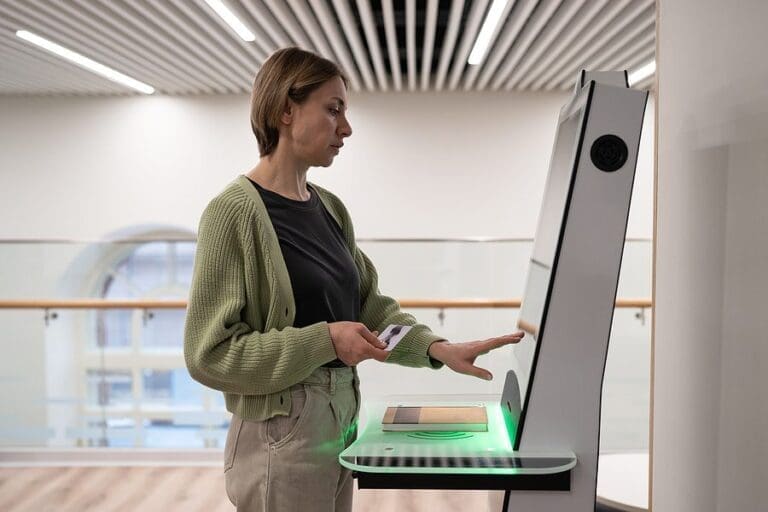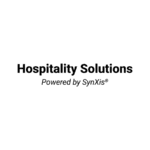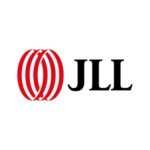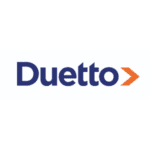What triggered the mass movement towards cloud hotel PMS? Hoteliers have new goals to achieve today and the solutions don’t hide in a server room.
Cloud hotel PMS software has become the natural choice for a growing number of hotel managers and owners today. The decision for the switch is driven by several arguments, with the need to respond to the new challenges coming from new generations of travellers and online booking landscape on top. Here is what makes the cloud so trendy.
Selling more rooms at the best price. Hotel deals have never been so accessible than they are today. Travellers check multiple sources online to find the best accommodation offer doing this from their home or office. A modern cloud hotel PMS helps hotels to be adequately presented on all online and offline sales channels which include the own website of the property, OTA booking sites, Google services, a reservation office and so on. This help is carried out by the following must-have features:
Fully synchronised inventory. This means that once a room gets booked on one channel, the others are instantly updated with the new availability thus preventing overbookings.
Capability to boost some sales channels over others, giving priority to commission-free booking sources that the hotel owns.
Automated rate updates based on occupancy and sales restriction. This caters to higher profitability since the cloud hotel software changes the prices and distributes them to all connected channels automatically.
Connecting with guests at the right moment. Guest-facing hotel technology is the chance for hoteliers to interact with their guests in a modern digital way and enhance their experience. With such functionality, a cloud PMS software lets hotels close the gap between booking and arrival and use this precious time to send upsell offers, accept requests, manage payments, send relative information that improves the stay of the customer and by this builds loyalty and encourages return visits.
Self-service hotel app. Travellers are used to engage with businesses online via their mobile devices. Through the app, they can change their bookings, book more services, receive special offers, check-in and checkout online, leave feedback, order room service and many more.
Self-service and check-in kiosks. These are devices that give the guest more choice on how to interact with the hotel. Many prefer to use a kiosk to check-in, encode a key card and skip the reception on arrival, or enjoy a fast checkout without waiting in line when they have to catch a flight, for example.
Joining forces of different systems into one single platform. For years, hotels have used multiple systems to manage different tasks. This means one login to the channel manager, one to the property management system, and a few more to other tools. When managing more than one property, things become even more complex. What is becoming a trend in cloud PMS software, is to have one integrated solution for everything.
Property management. Here are all the traditional features like reservation system, guest profiles, rate management, housekeeping, maintenance and so on. With cloud systems, though, the information between departments flows in real time, e.g. a live housekeeping monitor informs Reception about the real status of each room.
Online distribution. When integrated in the PMS, the booking engine and the channel manager work with the same rates and availability as the hotel reservation office. Everything is automatically synchronised without the need for switching systems and updating channels manually.
Central reservations and management. For hotel groups and chains, having one system to manage all properties is a huge relief. This means consolidated rate and availability monitor, merged guest and company profiles, detailed or combined reports and statistics.
Replacing efforts with increased productivity. The real beauty of cloud hotel management systems is their mobility and productivity. Since a cloud application can be used on any device, everywhere, managers can access the data they need while away from the property, while in-house staff can be more flexible in their work. With a standard tablet in their hands, employees can reach the guests where they are and instantly deal with any request be it to send a note to the housekeeping, or check for stay extension possibilities, or split personal charges from the guest folio. With a cloud PMS, especially one with guest self-service features, less staff can achieve more and maintain a higher quality of service. Last but not least, cloud hotel PMS means no hardware requirements and transformation of long-term investment into operational costs. This allows more resources to be directed towards improving the services and amenities the hotel offers.




